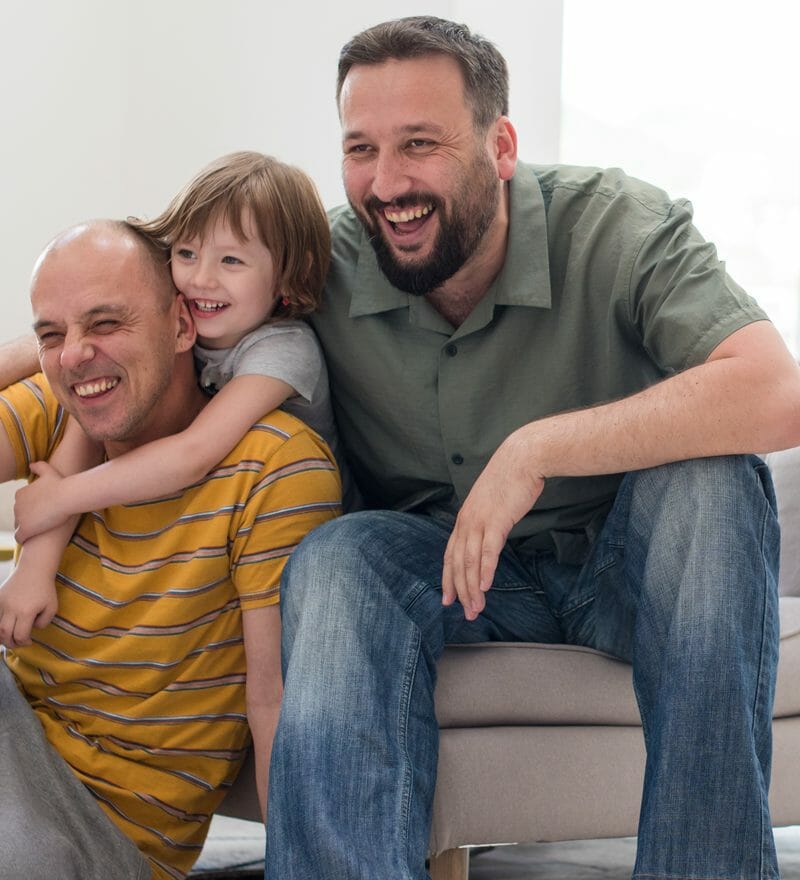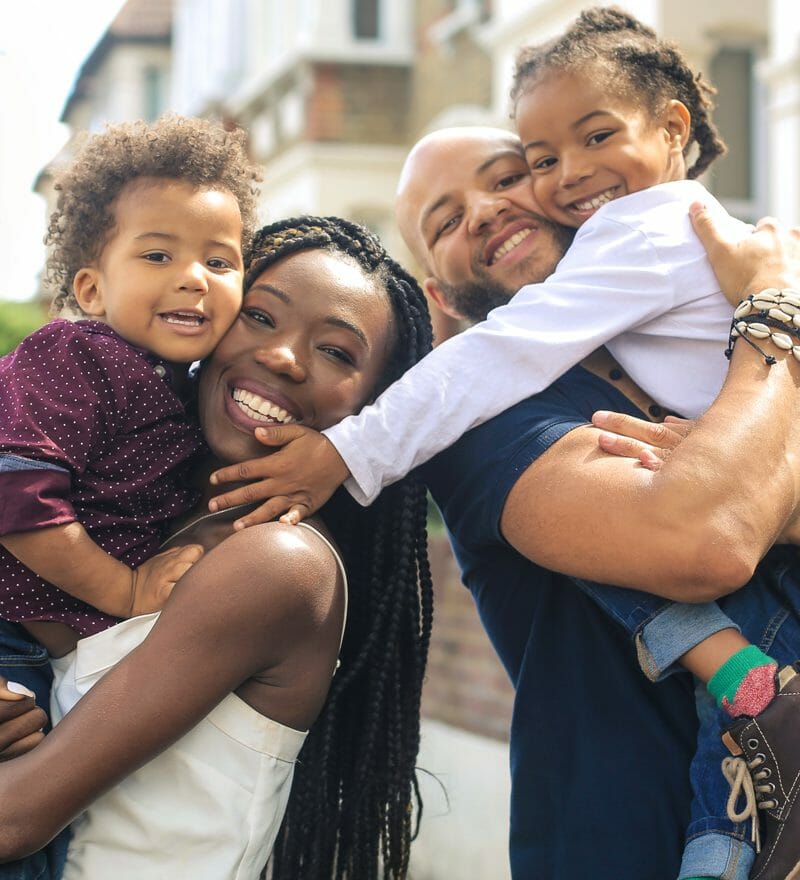At Friends Association, we believe in a holistic approach to supporting families facing homelessness. We address the challenges of housing equity while providing programs and services that support our neighbors on their journeys toward stable, permanent housing. We serve families throughout all of Chester County.
Housing First is a research-based solution to ending homelessness that prioritizes providing housing to individuals experiencing homelessness as quickly as possible without preconditions.
Two-Generation approaches deliver services that intentionally strengthen the whole family so that all generations within the family can experience improved economic, housing, and educational outcomes. As a result, the whole family becomes more resilient to future disruptive events.
Trauma-Informed care is a service approach that acknowledges the widespread, long-term impacts of trauma, understands signs and symptoms of trauma, and responds by integrating knowledge about trauma into all policies and practice.
A Resiliency-Focused Community
identifies programs and best practices proven to build resiliency at both individual and systemic levels & improves the health of the entire system by promoting restoration, health, and growth in ongoing ways.

The Eviction Prevention Case Resolution (EPCR) program supports individuals and families facing eviction by providing free legal aid, financial assistance, and social services. It offers landlord-tenant mediation, housing subsidies, and relocation support through Housing Resource Navigators. EPCR is a cross system partnership between the Chester County Court System, the Department of Community Development, and the United Way of Chester County.
Eligibility:
• Low Income (at or below 50% of the Area Median Income)
• Scheduled to appear in Coatesville or Downingtown District Court
• Not received financial assistance from the EPCR program in the past 12 months
• Eviction cannot be due to criminal activity

Friends Association Family Center provides emergency housing for families experiencing homelessness, referred through the County’s coordinated entry system. Families live in private apartments while working with case managers to secure permanent housing and increase stability. The program includes connections to early childhood education, income support, and health services. It is the only low-barrier emergency housing in Chester County that keeps entire families together.
Eligibility:
• Referrals are only accepted through the coordinated entry system, 211 Pennsylvania | Southeast. Call 2-1-1 or 1(866) 964-7922.
• Family/caretaker with child/children under the age of 18 in their care

Friends Association offers long-term case management to families who have recently moved into permanent housing after experiencing homelessness. This program provides ongoing support and resources to help families maintain stability and prevent a return to homelessness.
Eligibility:
• Low Income (at or below 200% of FPIG)
• Family/Caretaker with child/children under the age of 18 in their care
• Lease in the name of the head of household
• Recently moved from emergency shelter, or self-resolved homelessness within the last year
• Recently justice impacted, or currently experiencing homelessness or endanger of becoming homeless.

We are committed to ending family homelessness by addressing its root causes—poverty, housing costs, and systemic gaps—through advocacy, awareness, and community mobilization. We believe lasting change happens both within individuals and across systems, and we embrace our role as leaders in that effort.
Eligibility:
• Referrals are only accepted through 211 Pennsylvania | Southeast. Call 2-1-1 or 1(866) 964-7922.
• Family/caretaker with child/children under the age of 18 in their care